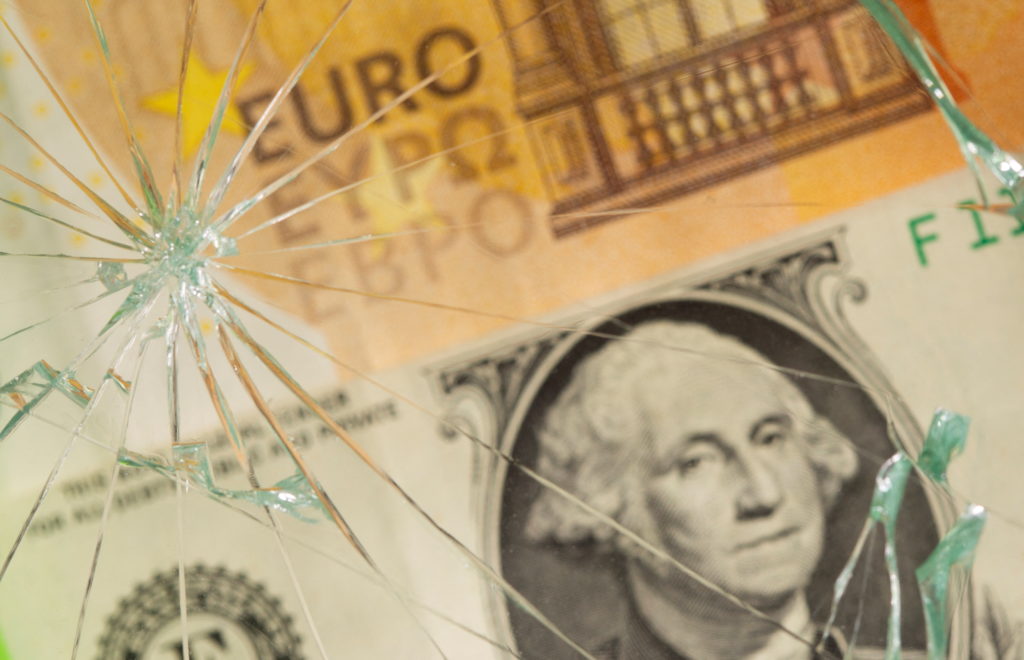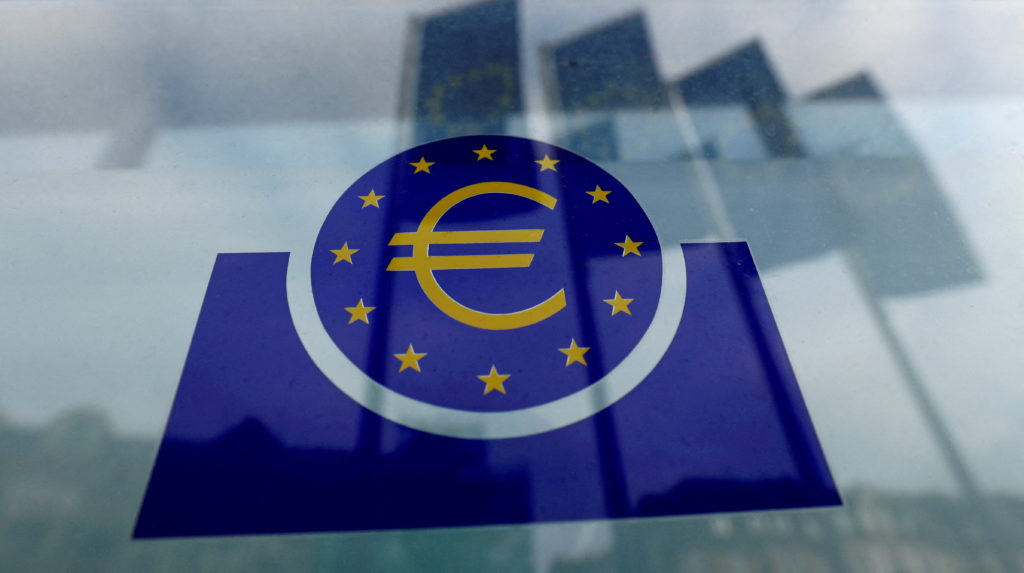

The Euro Area annual inflation rate has increased to 10 per cent in September 2022, up from the 9.1 per cent reported in August 2022.
According to the Statistical Office of the European Union (Eurostat), energy accounted for the biggest jump in the basket of goods used to measure inflation.
Energy inflation registered an annualised jump of 40.8 per cent in September 2022, relative to 38.6 per cent in August 2022.
The annual rates of the other main components of euro area inflation are also expected to increase in September 2022. Food, alcohol & tobacco annual rate should rise to 11.8 per cent (August 2022: 10.6 per cent), followed by non-energy industrial goods with a rate of 5.6 per cent (August 2022: 5.1 per cent), and services with a rate of 4.3 per cent (August 2022: 3.8 per cent).
Inflation in the Eurozone reached double-digits and yet another new record high in September, according to preliminary data. This has come about as the negative consequences of Russia’s war in Ukraine continue to inflict a heavy toll on European.
The latest Eurostat inflation reading is likely to add pressure on the European Central Bank (ECB) to carry out more interest rate hikes. The Frankfurt-based institution operated its sharpest rise ever and first hike in 11 years earlier this month by pushing its three key interest rates by 75 basis points.

The ECB’s governing body hints that it is expecting to raise interests further over the “next several meetings” while forecasts were significantly revised upwards with inflation now seen at an average of 8.1 per cent this year and 5.5 per cent in 2023. Economic growth meanwhile was seen slowing down to 3.1 per cent this year and 0.9 per cent next year.
The Organization for Economic Co-operation and Development (OECD) warned earlier this week that many countries across Europe, including economic powerhouse Germany, may be pushed into “a full-year recession in 2023”, in case of winter energy disruptions.






Comments